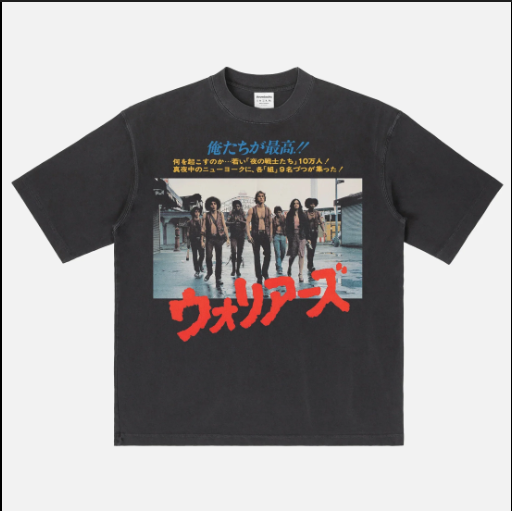Managing chronic illness in pets demands dedication and expertise. Small animal hospitals play a crucial role in this effort. They work closely with you to create effective care plans. A North Richmond Hill veterinarian understands the specific needs of chronic conditions. They provide continuous support for conditions like diabetes or arthritis. Regular check-ups and monitoring help catch any changes early. These hospitals offer convenient access to the latest treatments, ensuring your pet receives the best care. They guide you through medication schedules and lifestyle adjustments. This partnership aims to improve your pet’s quality of life. Trust is built through clear communication and consistent care. Your pet relies on you, and you rely on your veterinarian. Together, you form a team dedicated to managing your pet’s health. Understanding your pet’s needs is key to ensuring their well-being. Small animal hospitals are here to support you every step of the way.
Understanding Chronic Conditions
Chronic illnesses in pets include diabetes, arthritis, heart disease, and kidney problems. These conditions require ongoing care. Early detection and regular monitoring are key. Small animal hospitals use advanced equipment to assess health issues promptly. Timely diagnosis prevents complications and ensures effective treatment. Your veterinarian provides a detailed care plan. This outlines diet, exercise, and medication needs. These steps help manage symptoms and improve your pet’s quality of life.
Care Approaches
Small animal hospitals offer various approaches for managing chronic conditions. Routine blood tests and imaging track disease progression. Vaccinations and preventive care protect against additional health issues. Dietary management is crucial. Hospitals tailor diets to meet specific health needs. Exercise programs keep pets active and help manage weight. Medication and supplements control symptoms and improve health. These hospitals provide personalized care to suit your pet’s unique needs.
Importance of Regular Check-ups
Regular check-ups allow veterinarians to monitor chronic conditions closely. Small animal hospitals recommend frequent visits to assess your pet’s health. These appointments help catch any changes early. Monitoring weight, blood pressure, and organ function aids in managing illnesses effectively. Early intervention prevents deteriorating health and ensures your pet stays comfortable. Consistent care delays disease progression and enhances your pet’s lifespan.
Medication and Treatment
Small animal hospitals handle medication and treatment plans efficiently. They work with you to schedule dosages and manage prescriptions. These hospitals keep track of refills and ensure your pet remains on track with their treatment plan. Veterinarians help you understand potential side effects and address concerns promptly. This support reduces stress and improves your pet’s response to treatment.
Data Comparison: Chronic Conditions in Pets
| Condition | Prevalence in Pets | Management Techniques |
|---|---|---|
| Diabetes | 1 in 200 cats | Diet, Insulin, Monitoring |
| Arthritis | 20% of dogs over age 1 | Exercise, Medication, Weight Control |
| Heart Disease | 10% of dogs | Diet, Medication, Regular Check-ups |
For further insights into chronic illness management, you can explore the Centers for Disease Control and Prevention.
Building a Partnership
Your relationship with your veterinarian is a partnership. Open communication builds trust and ensures the best possible care. Share any observations about your pet’s behavior or health with your veterinarian. This information helps create a comprehensive care plan. Collaborate with your veterinarian to adjust treatments as needed. This teamwork enhances your pet’s health and happiness.
Conclusion
Small animal hospitals are invaluable in managing chronic illnesses. They provide expert care and support to improve your pet’s quality of life. Through regular check-ups, personalized care plans, and effective treatment, your pet can live a comfortable life. Rely on the expertise of your veterinarian and the resources available at small animal hospitals. Together, you can navigate the challenges of chronic illness management with confidence. Always remember, you are not alone in this journey. Your veterinarian is there to guide you and ensure your pet receives the best care possible.









